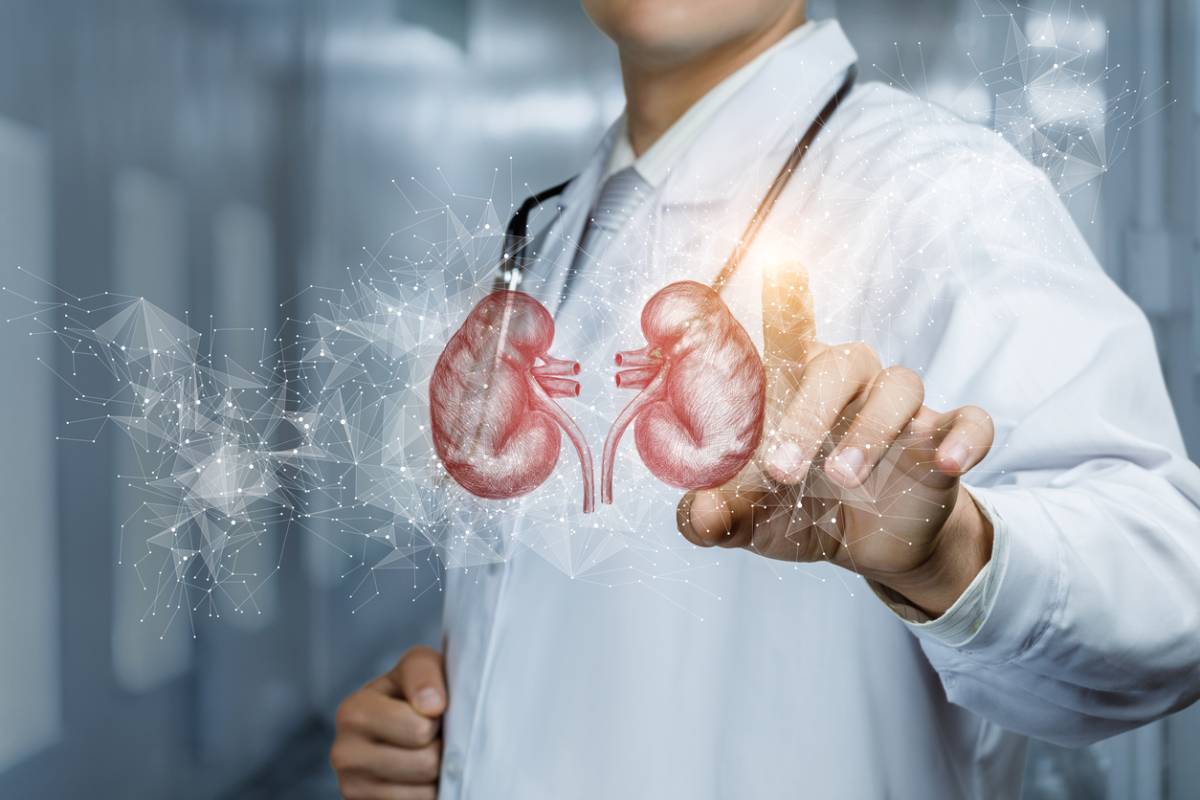The kidneys are one of the most essential organs of the body. Unfortunately, their health is often overlooked. Ignoring or mistreating the kidneys can have devastating long-term effects. So, to protect your kidneys, when should you see a kidney specialist? The answer to this question will depend on your age and present symptoms. If you suspect that you would benefit from a consultation with a nephrologist, take a look at this guide, which can help you determine whether or not this is the case.
What Is a Kidney Specialist?
Nephrologists, also referred to as kidney specialists, are trained to specialize in diagnosing and treating conditions and diseases of the kidneys. In the case of kidney injury, you should see a nephrologist because they will have specific kidney knowledge that a general practitioner might not.
When Should You See a Kidney Specialist?
The main reason to visit a nephrologist is that you believe you are experiencing the symptoms of kidney disease. In addition, you should see a kidney specialist if you are facing other conditions or chronic diseases that are known to lead to lasting kidney damage. Examples of these conditions include:
- Family history of kidney disease
- Diabetes
- High blood pressure
- Changes in urination
- Brain fog
- Discomfort in the kidneys
Your general practitioner may refer you to a kidney specialist if your medical profile contains some of the above conditions.
What Kinds of Tests Can a Nephrologist Perform?
There are many different tests that a nephrologist can perform to give you an accurate picture of the condition of your kidneys. Common tests that a nephrologist may perform include:
- Kidney function tests
- Dialysis
- Kidney biopsy
- Kidney transplant care
- Imaging tests
If they deem it necessary, your kidney specialist may order multiple tests to determine the exact kidney problem you are facing.
What Are the Symptoms of Kidney Disease?
Several symptoms can indicate that a patient is facing kidney disease, which may be occurring in a patient. Common symptoms include:
- Vomiting
- Lack of appetite
- Sleep problems
- Urination inconsistency
- Cramps
- Swollen feet or ankles
- Dry and itchy skin
- High blood pressure
- Shortness of breath
- Chest pain
- Issues with sleep
Some of these symptoms can be indicative of kidney damage that has progressed to such a point of severity that the patient requires intervention and treatment.
In very severe cases of kidney disease, there lies the risk of kidney failure, which is a life-threatening emergency. Therefore, you should opt for kidney health examinations at the first sign of complications.
How Is Kidney Disease Treated?
Currently, there is no all-encompassing cure for chronic kidney disease. Luckily, there are steps one can take to manage the condition. Treatments available for chronic kidney disease include the following:
- Managing your blood glucose if you have diabetes
- Managing your blood pressure
- Following a kidney-friendly diet (this may include limiting your sodium intake)
- Quitting smoking
- Avoiding taking painkillers
- Managing your weight
- Exercising regularly
Your physician may have additional recommendations for you based on your medical history and any other factors that might be playing into your situation. In the case of chronic kidney disease that is at its end stage, your nephrologist may recommend kidney dialysis.
What Is Kidney Dialysis?
Kidney dialysis is a medical procedure where the process that your kidneys perform naturally – removing waste products from the body – is assisted artificially with machines.
Dialysis becomes a necessity for many patients with terminal long-term kidney disease. If your kidney specialist has determined that this is the best course of treatment for your personal kidney situation, then you will be guided through the process and given guidelines in terms of what to expect. Following your physician’s advice at each step can ensure that you receive your treatment in the safest manner possible.
Nephrologist in LA
Dr. Gura is widely regarded as one of the best kidney specialists in Southern California. If you would like to receive the services of a world-renowned kidney specialist, contact Dr. Gura’s office today to schedule an appointment and discuss preventive medicine for your kidneys.

